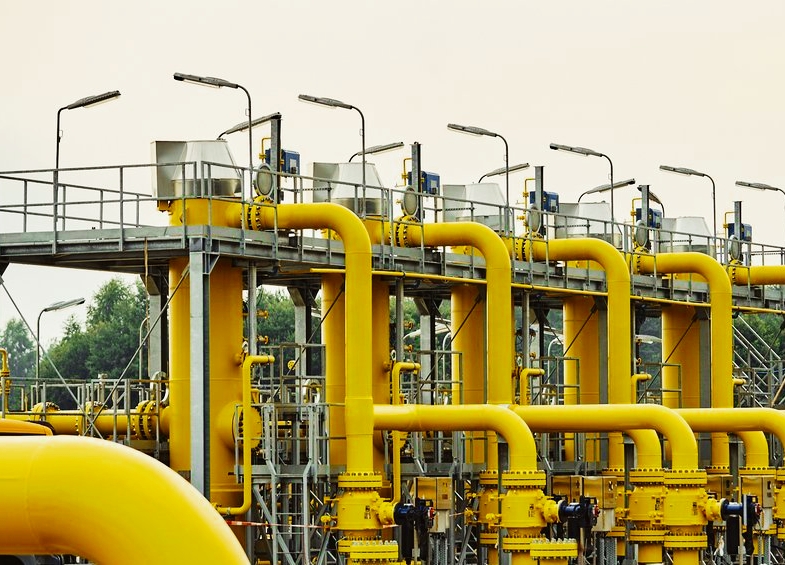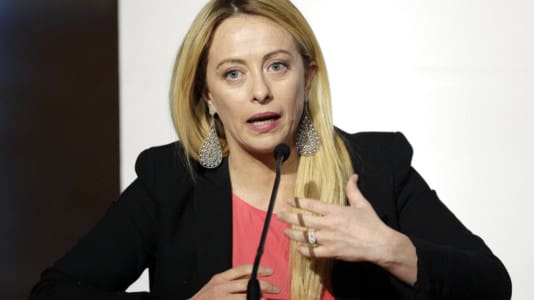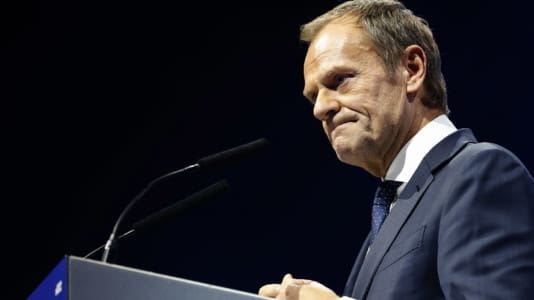The main issue facing the 27 member states at the meeting of the European Council is how to contain energy prices, and Poland, like many other EU countries, has its own ideas and interests.
One of the ideas produced by the European Commission is a common purchasing scheme. Poland has opposed making the participation in the common purchase of 15 percent of gas supplies compulsory. According to Polish diplomats, Poland is not against common purchasing and will probably be one of the first to join such an initiative, but it does not want to make the scheme compulsory.
Poland currently has enough gas in storage and does not want to see an untried mechanism replacing a system it has been developing for years.
Poland is also skeptical about compulsory solidarity schemes for gas supplies and does not want to see the European Commission dictating the price for such gas. Poland has obtained guaranteed supplies from the Baltic Pipe and through the LNG terminal in Świnoujście. It also intends to sell surplus supplies, but again, it does not wish this element to be compulsory.
On the other hand, Poland is 100 percent behind putting a price cap on gas, with Prime Minister Mateusz Morawiecki arguing for such limits in front of the European Council. It has also pressed for limiting the price of ETS certificates to between 20 and 30 euros to ease energy generation costs.






